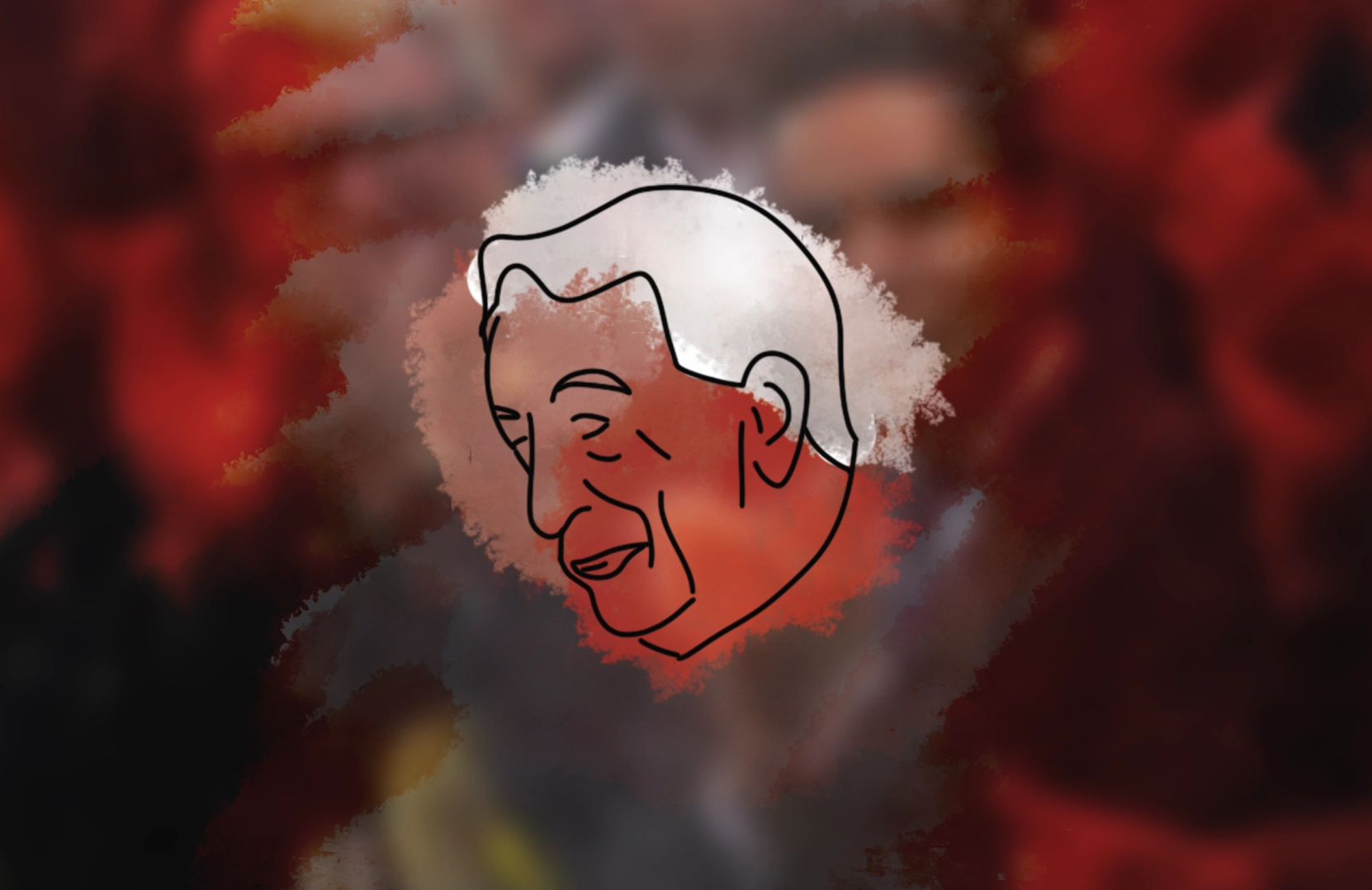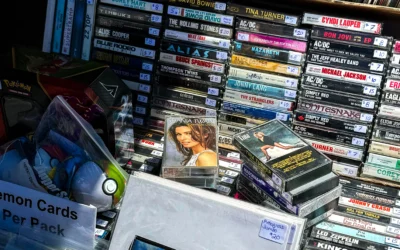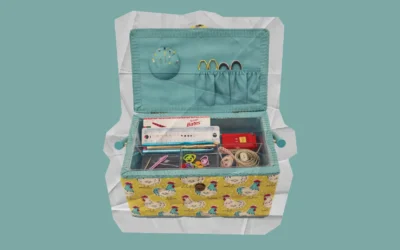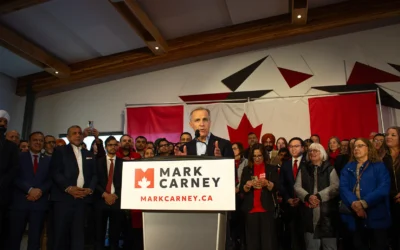During Ukrainian President Volodomyr Zelenskyy’s visit to Canada, Yaroslav Hunka, a Waffen-SS veteran, introduced as a Second World War veteran “who fought for Ukrainian independence against the Russians,” received rapturous applause from the House of Commons.
Canada’s entire House gave two standing ovations to Hunka.
The fallout from Canada’s political elite applauding a Ukrainian Nazi revealed a dark Canadian past. A past wherein Canada knowingly brought Nazi collaborators into the country and did so because they were enthusiastic opponents of the communist menace. But, it didn’t end there.
The Nazi collaborators later became esteemed members of Canada’s political and academic establishment. They helped create a Ukrainian studies program at a Canadian flagship university to help whitewash their Nazi past and war crimes. They also constructed numerous monuments to celebrate their past, which also served as a way to erase their crimes.
They gained influence, prestige, and power.
Academia and Nazi revisionism
The Hunka story led to the University of Alberta announcing that it would return a $30,000 endowment to the Hunka family in Hunka’s name for the Canadian Institute of Ukrainian Studies (CIUS). The U of A said that it would also commit to a naming policy review.
The Progress Report, with help from the University of Alberta Students’ Union, detailed many more CIUS endowments and donations from Nazi collaborators. They found $1,424,700 in endowments and donations dedicated to 11 Waffen-SS veterans and one member of the Nazi-collaborationist Ukrainian Insurgent Army (UPA).
The UPA was a paramilitary group that collaborated with German security and intelligence services and assisted the Waffen-SS in the Huta Pieniacka massacre, where hundreds of Polish villagers were burnt alive.
A lot of money from numerous Nazi collaborators flowed into the CIUS.
It also turned out that the CIUS co-founder, Peter Savaryn, was also a Waffen-SS veteran (the same division as Hunka).
Savaryn was influential in Alberta. Not only was he the CIUS co-founder, but he was the University of Alberta’s chancellor (1982 to 1986), president of the Progressive Conservative Party Association of Alberta, vice-president of the Progressive Conservative Party of Canada, and he received the Order of Canada in 1987.
Hunka and Savaryn’s memoirs state their pride and joy about their Waffen-SS experiences.
U of A political scientist Laurie Adkin points out that the CIUS has a long history of honouring the Waffen-SS. Some academics and Jewish groups advocate redirecting CIUS funds to Jewish studies, Holocaust studies, and investigations of Nazi collaborators in Canada. Some have called for the CIUS to be dismantled entirely due to it being a toxic and corrupt unit.
Nazi monuments
The Hunka affair also resurfaced the issue of Ukrainian Nazi monuments in Canada. St. Volodymyr Ukrainian Cemetery in Oakville, ON, has two such monuments. One is dedicated to the first Ukrainian Division of the Ukrainian National Army. The second is a bust of Roman Shukhevych, Ukrainian nationalist who led the UPA.
Two monuments also reside in Edmonton. One honours the Galician SS Division at St. Michael’s cemetery, and another bust of UPA leader Roman Shukhevyh is outside the Ukrainian Youth Unity Complex.
Ukrainian nationalists defend the monuments and claim that the Ukrainian SS Division and Shukhevych only fought for Ukrainian independence and never massacred Jews. They also claim criticism of the monuments is part of a Russian disinformation campaign.
Both claims are false.
Journalist David Pugliese asks why Nazi collaborators get monuments, but the 40,000 Ukrainian Canadians who fought with Canada against the Nazis during the war do not?
Russian disinformation and denials from the House
When Trudeau apologized for honouring Hunka, he quickly warned the press of Russian disinformation. Deputy Prime Minister Chrystia Freeland also warned of Russian disinformation when she responded to a question about Russian President Vladimir Putin calling Hunka’s standing ovation “disgusting.”
Freeland had once warned of Russian disinformation when asked about her grandfather’s past.
In 2017, news resurfaced about Freeland’s paternal grandfather, Michael Chomiak, who was also a Nazi collaborator whichher office initially denied. Freeland claimed it was all Russian disinformation.
Unfortunately, Chomiak, per his own records, edited for the Nazi publication Krakivski Visti, which carried out Nazi war policies “of soliciting Ukrainian support for the German cause.” It obscured the Nazi extermination program, and silenced the mass killing of Jews in Galicia.
Chomiak’s paper also recruited for the Waffen-SS, the same division Hunka and Savaryn served in.
Freeland has repeatedly celebrated her grandfather as an inspiration and portrayed him as a patriotic hero. To date, she has not apologized for her revisionism.
Collaborators, freedom fighters, and foreign policy
When Freeland claimed her grandfather’s Nazi past was Russian propaganda, it was during a press conference when Canada announced extending Operation UNIFOR in Ukraine. During Operation UNIFOR, Canada began selling weapons to Ukraine. In 2020, reports warned of Canadian military aid flowing into Ukrainian ultra-nationalist militia forces. The most famous of which then and now is the Azov Battalion.
After Russia’s full invasion of Ukraine in February 2022, all criticisms of US-led policy (de facto Canadian policy) were censored and branded as Russian propaganda because of the full-throated backing of Ukraine.
It was then that the Azov Battalion ceased being a neo-Nazi militia and became a group of heroic freedom fighters battling the Russian horde. Canada whitewashed the past and is whitewashing the present.
This story can go one of two ways.
Canada can face its history of supporting and rehabilitating Nazi collaborators. Policy changes such as removing Nazi monuments, having greater transparency of weapons sales to fascist militias, and redirecting funding to Holocaust studies are a start. Deputy Prime Minister Freeland can, and should, be the one to lead that conversation.
Or, Canada can continue the status quo. Canada can dismiss the facts, claim Russian disinformation, and shuck its responsibility for reconciliation with not only the thousands of Ukrainian-Canadians who fought against the Nazis and their collaborators but also the Jewish, Ukrainian, Polish, Russian, socialist, anarchist, and 2SLGBTQIA+ victims of Nazi exterminations.
Graphic by Thai Sirikoone.





The writer could use some of the holocaust education that he advocates for. Who are the victims of the Nazis, exactly? This article misses the point entirely.
The holocaust wasn’t some great sorrow that befell all of humanity – it was very much anti-semitic at its core. A simple google search will confirm this. By assigning victim to every affiliation in your recent memory who should be shamed by honouring a Nazi (Canada, Ukraine, various universities) or fell symptom to its regime (Russians, socialists, anarchists, etc.), you yourself are whitewashing the nature of the holocaust and its victims. And yet you somehow forgot to mention Roma, Black, and disabled people who were intentionally sought and exterminated.
Astute readers will also notice how quick the author is to extend his “sympathies” to victims of the holocaust by condoning the brutal murder of Israelis on October 7th, 2023, in subsequent articles, many of whom were in fact holocaust survivors. You do a disservice to the groups you write about with every article and put your prejudice on full display.